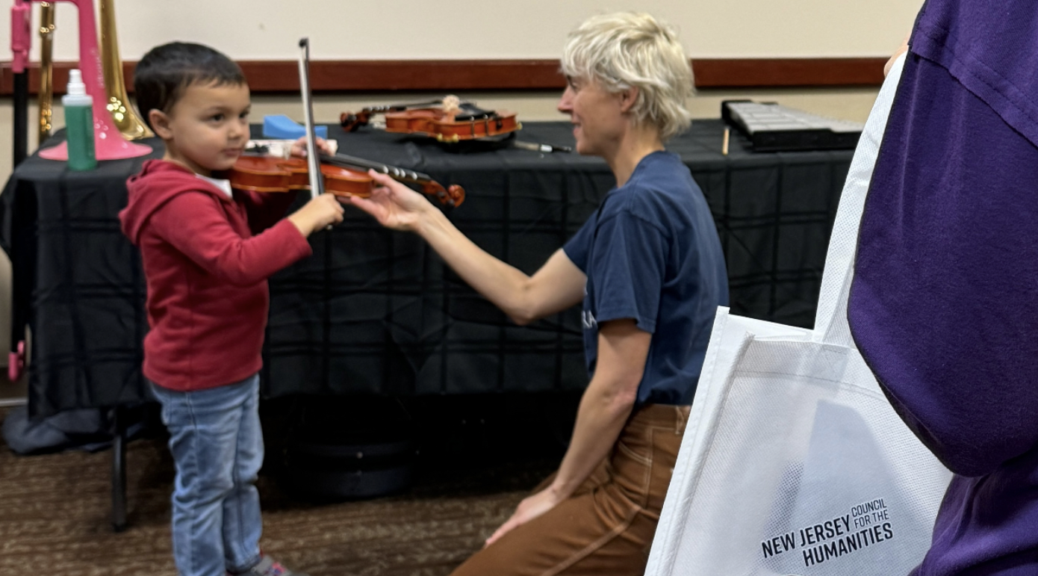By Mika’il Malik
The U.S. Supreme Court issued an important ruling on homelessness, in a 6-3 decision on June 28, 2024. The Court upheld the right of cities to ban and penalize outdoor sleeping and camping, even when shelters are unavailable.
According to NPR, this decision overturned lower court rulings that argued such bans constituted cruel and unusual punishment, sparking debate about the balance between public order and humanitarian concerns.
According to WHYY, homelessness increased 12% nationwide compared to last year, and now people are forced to choose between sleeping and breaking the law. NPR also reported that critics have argued that this ruling “criminalizes” homelessness without addressing its root causes, further marginalizing those in need.
However, supporters claim it is essential for public safety, ensuring that people use the available resources and attempt to maintain order in cities.
Although not many cities have yet issued a complete ban, some cities have been utilizing this ruling, and are taking action against the homeless community. The town of Grants Pass, Ohio, which won the Supreme Court ruling, is allowed to start issuing a $295 fine to anyone sleeping outside.
Additionally, according to the New York Post, after Atlantic City officials discovered a homeless encampment under its boardwalk over the summer, they have been working on preventing people from setting up any camps. Since the Supreme Court now allows bans, Atlantic City’s council is now considering implementing one.
The City of Trenton and nearby areas are not immune to these problems. As homelessness increased by 31% in the Mercer County area within the last year, according to Anchor House’s website — an organization that provides services for youth facing homelessness this new decision, if implemented in Trenton, could further exacerbate the challenges for many people.
Trenton Mayor W. Reed Gusciora recognizes how impactful this decision is on the Trenton community, stating that the City will “take a more compassionate approach, balancing the need for public safety with the necessity of providing support to those experiencing homelessness,” in an interview with The Streetlight.
Additionally, Gusciora said “it is reasonable to enforce a ban on sleeping in public parks and playgrounds, as these are spaces meant for children and families to enjoy without concerns about safety.” But he affirms that, “Our goal in Trenton is not to criminalize homelessness but to provide the necessary resources and opportunities for people to rebuild their lives.”
Gusciora pointed out that programs like “ARRIVE Together,” help ensure that interactions with homeless individuals are handled sensitively, and pairs police officers with mental health professionals.
Additionally, Trenton benefits from a strong network of organizations, including the Rescue Mission, Trenton Area Soup Kitchen, HomeFront and Arm In Arm.
These organizations work together to provide food, shelter and essential services for those in need, ensuring the homeless community receives dignified care. Gusciora said that the City of Trenton will “remain committed to lifting peo- ple up while ensuring our public spaces are safe for everyone.”
The U.S. Supreme Court issued an important ruling on homelessness, in a 6-3 decision on June 28, 2024. The Court upheld the right of cities to ban and penalize outdoor sleeping and camping, even when shelters are unavailable.
According to NPR, this decision overturned lower court rulings that argued such bans constituted cruel and unusual punishment, sparking debate about the balance between public order and humanitarian concerns.
According to WHYY, homelessness increased 12% nationwide within the last year. Now, people are forced to choose between sleeping and breaking the law. NPR also reported that critics have argued that this ruling “criminalizes” homelessness without addressing its root causes, further marginalizing those in need.
However, supporters claim it is essential for public safety, ensuring that people use the available resources and attempt to maintain order in cities.
Although not many cities have yet issued a complete ban, some cities have been utilizing this ruling, and are taking action against the homeless community. The town of Grants Pass, Ohio, which won the Supreme court ruling, is allowed to start issuing a $295 fine to anyone sleeping outside.
Additionally, according to the New York Post, after Atlantic City officials discovered a homeless encampment under its boardwalk over the summer, they have been working on preventing people from setting up any camps. Since the Supreme Court now allows bans, Atlantic City’s council is now considering implementing one.
The City of Trenton and nearby areas are not immune to these problems. As homelessness increased by 31% in the Mercer County area within the last year, according to Anchor House’s website — an organization that provides services for youth facing homelessness —this new decision, if implemented in Trenton, could further exacerbate the challenges for many people.
Trenton Mayor W. Reed Gusciora recognizes how impactful this decision is on the Trenton community, stating that the City will “take a more compassionate approach, balancing the need for public safety with the necessity of providing support to those experiencing homelessness,” in an interview with The Streetlight.
Additionally, Gusciora said “it is reasonable to enforce a ban on sleeping in public parks and playgrounds, as these are spaces meant for children and families to enjoy without concerns about safety.” But he affirms that, “Our goal in Trenton is not to criminalize homelessness but to provide the necessary resources and opportunities for people to rebuild their lives.”
Gusciora pointed out that programs like “ARRIVE Together,” help ensure that interactions with homeless individuals are handled sensitively, and pairs police officers with mental health professionals.
Additionally, Trenton benefits from a strong network of organizations, including the Rescue Mission, Trenton Area Soup Kitchen, HomeFront and Arm In Arm.
These organizations work together to provide food, shelter and essential services for those in need, ensuring the homeless community receives dignified care. Gusciora said that the City of Trenton will “remain committed to lifting people up while ensuring our public spaces are safe for everyone.”






